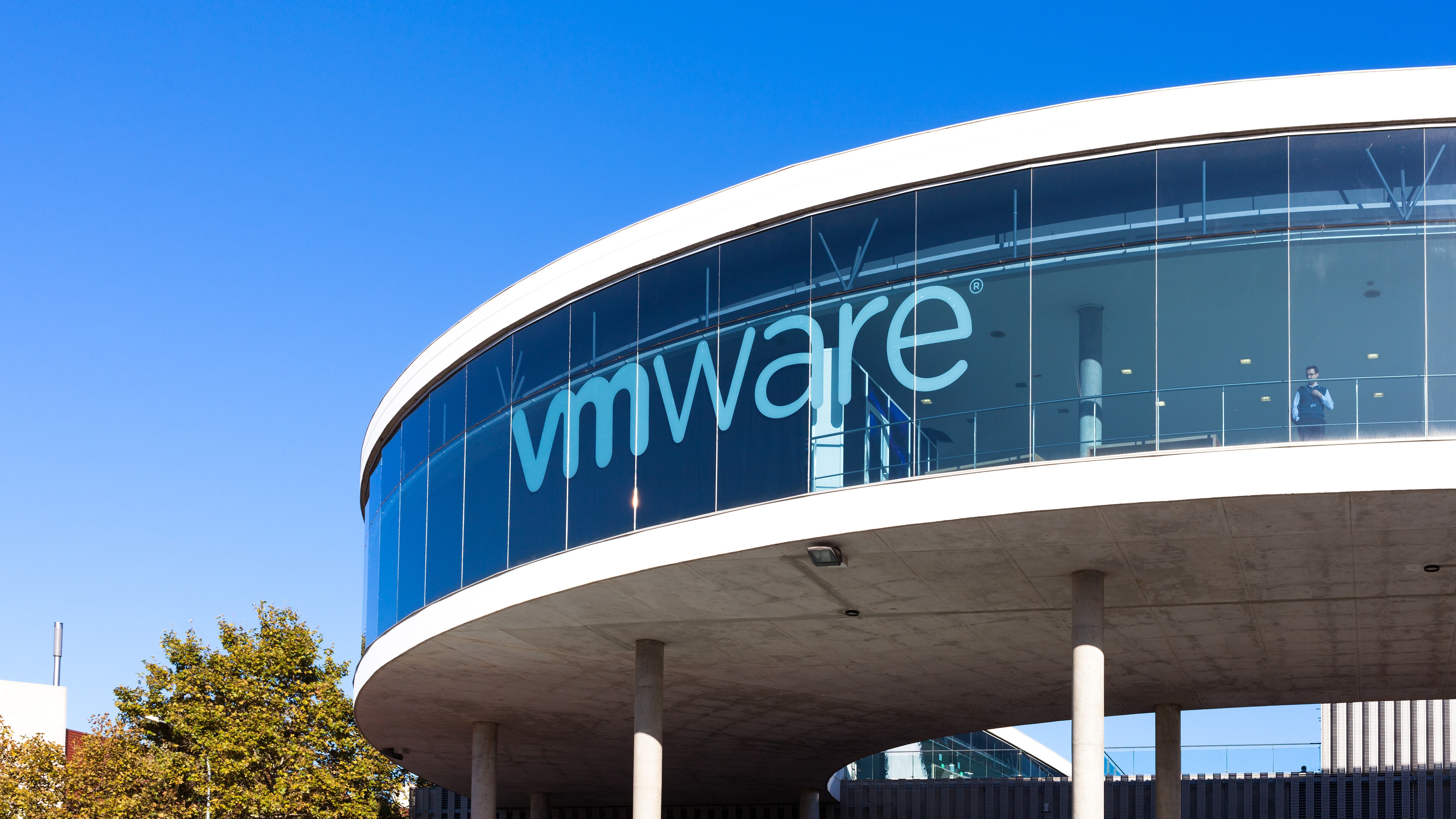
Despite severe price hikes to the broader VMWare portfolio, which many companies say are akin to 'being held for ransom,' Broadcom announced today that its two WorkStation Pro and Fusion Pro editions of its VMWare WorkStation Player software would also pivot to a free model. As such, the division between VMWare versions will be solely based on the functionality you want instead of the features you're willing to pay for.
VMWare Fusion Pro and Workstation Pro are no longer available for purchase. Existing commercial contract VMWare users with active support from VMWare have been assured that active support will continue until the end of the contract. However, ticket support through that channel will become impossible afterward.
However, VMWare users needing support won't be out of luck once the premium support disappears. VMWare highlights its existing knowledge base articles, "extensive product documentation," and access to dedicated forums for VMWare Fusion and VMWare Workstation. They also claim that they will still be invested in goals of "new features, usability improvements, and other valuable enhancements" including "maintaining our high standards for stability, with timely updates and reliable performance" while maintaining a focus on "customer-centric growth".
If VMWare is genuinely confident that it doesn't need a premium support tier in the long term, continuing to build upon its existing resources and carefully monitoring its community forums for unfixable bugs and other issues will be integral to its success. Fortunately, the software has been in development for well over 20 years, so most work on it likely boils down to maintenance accounting for new hardware rather than severe bugs or gaps still being ironed out after all this time.
That said, VMWare does have a slightly mixed reputation, with many PC enthusiasts recommending alternative virtualization software. However, the power of VMWare for nested virtualization scenarios is exceptional— late last year, a user of VMWare WorkStation managed to get five Microsoft Operating Systems running simultaneously. This is hardly a standard use case but an impressive demo of VMWare's capabilities now that it's moving into an accessible model for the future.
Hopefully, none of those VMWare Pro commercial contract users are overly reliant on active support for long-term stability in their respective workloads. As long as they're taken care of and left with enough resources to fill the gap once the contract ends, this story seems like a win for most VMWare users, particularly those who want to continue growing the community.







